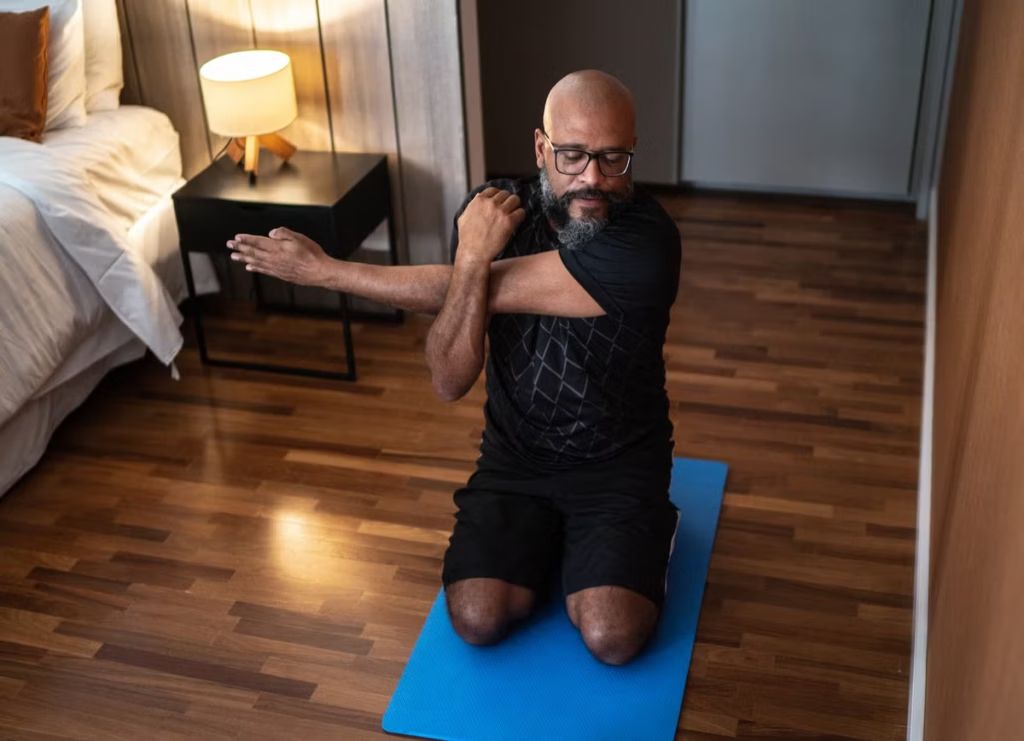Where we bemoaned the year 2020 and relished the moment it shuffled off its mortal coil into 2021, the New Year came and once again we found ourselves back in Covid-enforced lockdown. Despite numerous restrictions, masking, social distancing and vaccine mandates, one thing that has become abundantly clear is that Covid-19 isn’t going anywhere. It was foolish to think we could turn the page of the calendar and find ourselves back in a reality that seems all but a distant memory now. Even so, we’ve come along way in the two years since the pandemic came to wreak havoc around the world. With vaccines and booster shots becoming widespread around the globe, most are now only experiencing mild symptoms.
With numerous strains of the virus now emerging, experts are now suggesting that we will all inevitably get infected at some point – such is the reality of living with endemic Covid. But while most feel somewhat at ease now armed with a vaccination, there is still grave concern about long Covid, which remains something of a medical mystery.
There is still great uncertainty surrounding long Covid, with doctors still researching what causes it in the first place and why some seem to struggle with it and not others. Currently we don’t have any treatments specifically designed to prevent long Covid, with the best way to prevent a lingering case of Covid simply being to get vaccinated and start treatment as soon as possible should you get sick.
Richard Becker, an internal medicine physician at the University of Cincinnati College of Medicine who is running the UC Health long Covid clinic, said in an interview with HuffPost, “Vaccination and possibly early use of oral antiviral drugs are the most tangible and science-based means to prevent long Covid.”
What causes and prevents long Covid?
Given the relative novelty of Covid, there remains much research that needs to be conducted by scientists to better understand the disease. As a result, little is known about what causes long Covid and how to prevent it.
So far, researchers have largely come to agree that the lingering health effects people experience after infection – which have now been termed long Covid – are a result of inflammation throughout the body. It’s also believed that long-haul symptoms might be an indication that individuals still have small amounts of virus in their bodies that may trigger various health issues, including fatigue, dizziness, brain fog, tremors and chest or joint pain.
Scientists have also found that in most cases, those who experience long Covid started out being really sick with Covid. As Jean Paul Higuero-Sevilla, a critical care physician at Yale Medicine, explained to the publication, “Just by the nature of being really sick, a lot of patients will have lingering symptoms like fatigue and shortness of breath.”
How can you reduce your risk of long Covid?
Vaccination remains the single most effective way to reduce your risk of long Covid, aside from avoiding contracting Covid in the first place. But with the latest strains proving highly infectious, it’s becoming harder to avoid catching Covid. A study published in January found that vaccination marginally reduced a person’s chances of experiencing long-haul Covid-19, while another report from the UK found that two doses of a Covid vaccine led to a 41 per cent decrease in the odds of reporting long Covid symptoms.
What can I do after contracting Covid?
If you happen to catch Covid, doctors recommend resting and staying hydrated. Whether this will help reduce the risk of developing long Covid remains to be seen as research is still ongoing.















